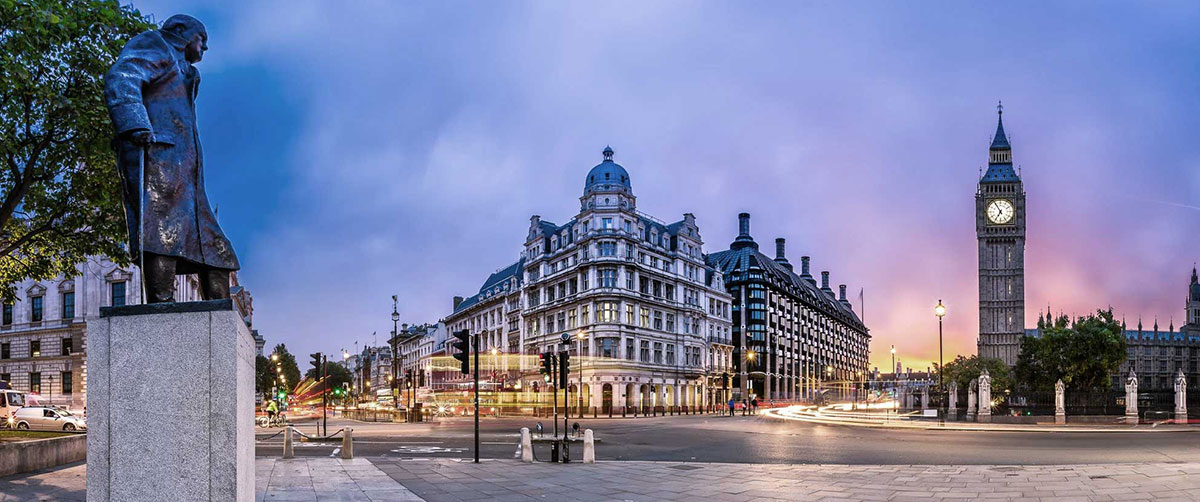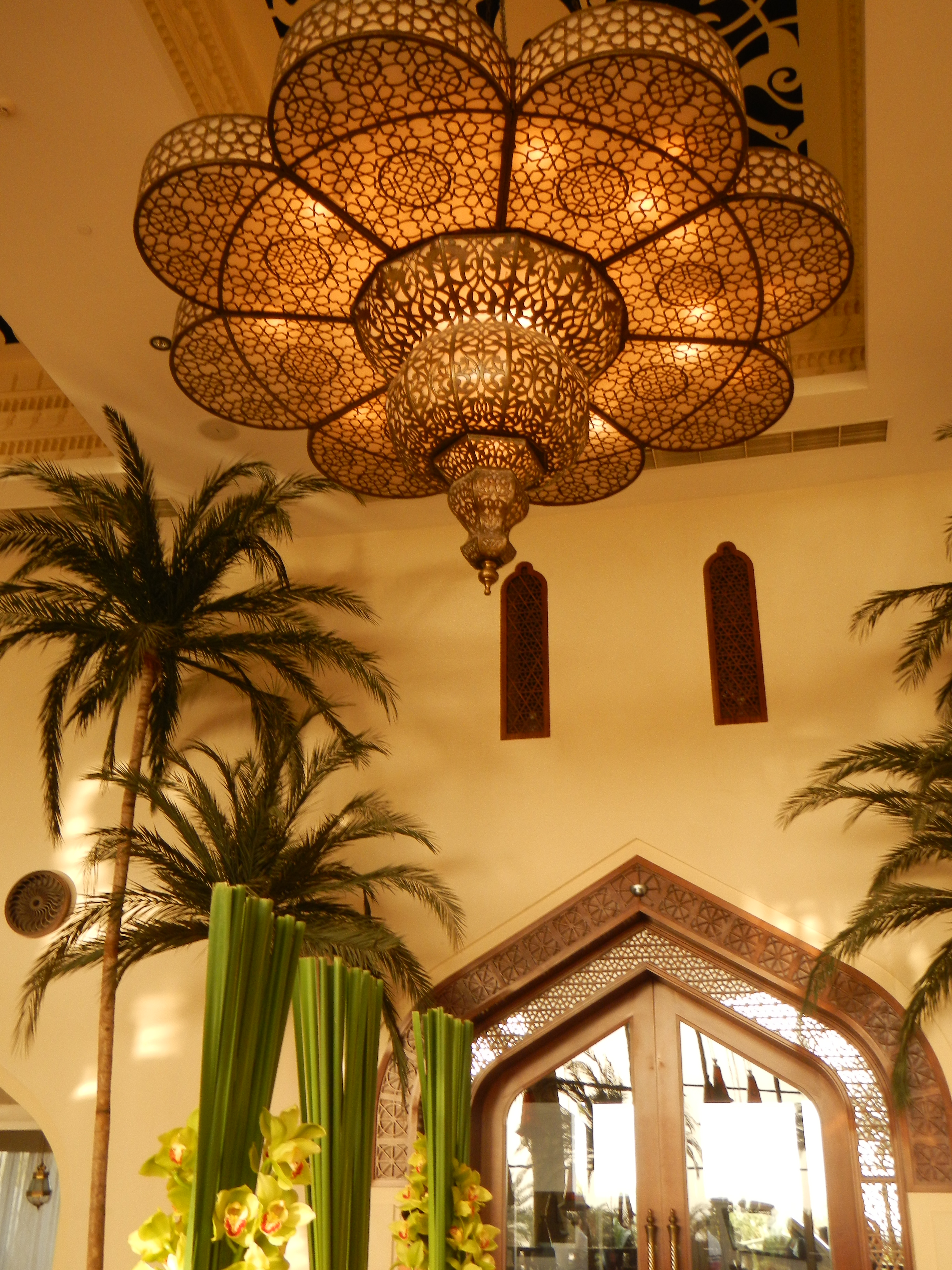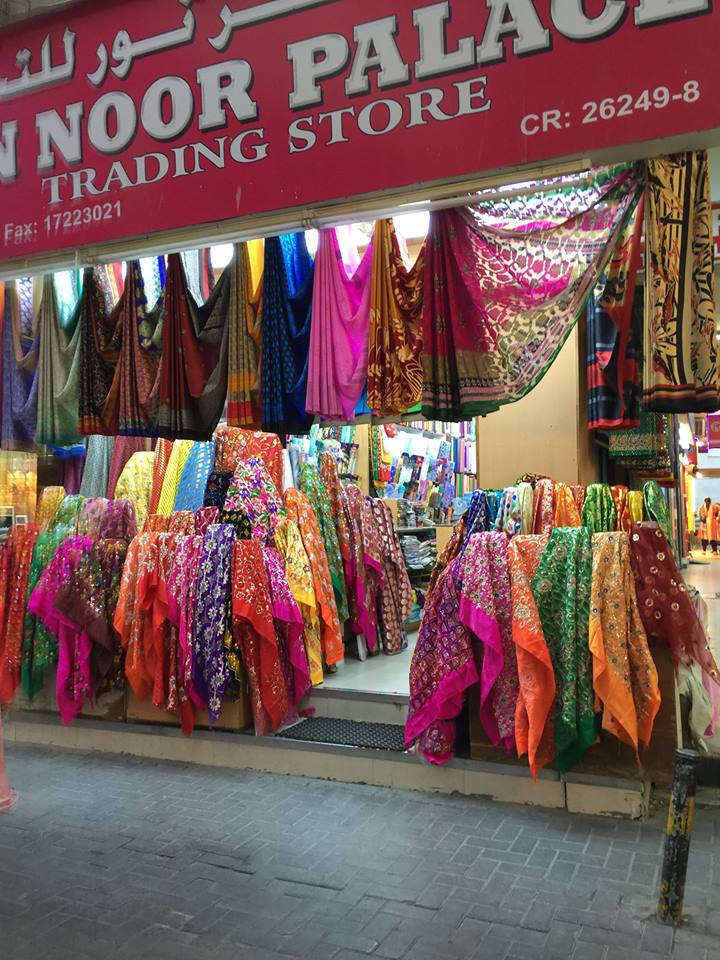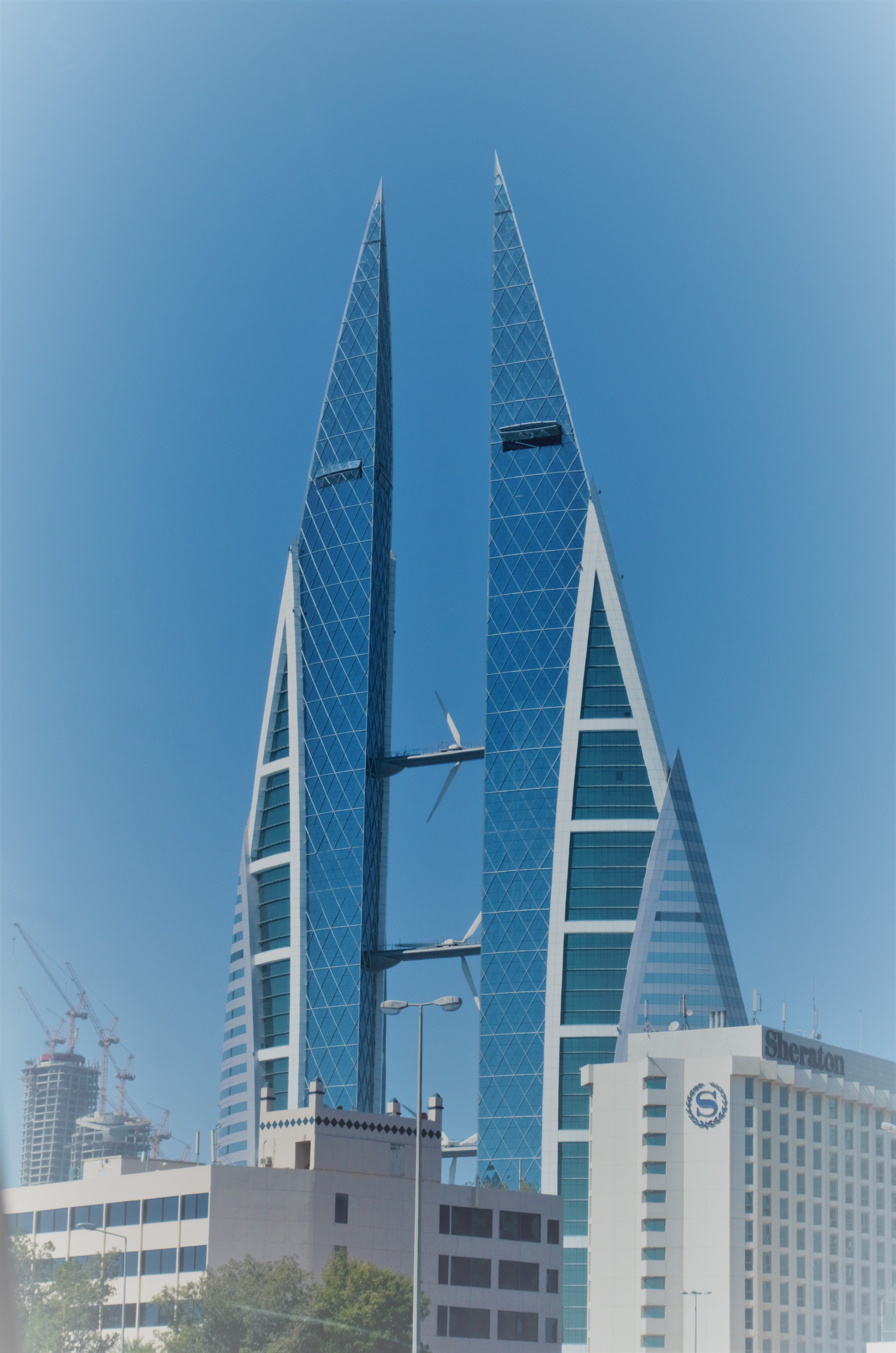
W poszukiwaniu czasu, czyli jak zwinnie łączyć aktywności
Ruch zastąpi prawie każdy lek, podczas gdy żaden lek nie zastąpi ruchu.
Tak rzekł kilka wieków temu profesor Oczko, lekarz nadworny królów polskich, między innymi Stefana Batorego i Zygmunta III Wazy.
Pierwszy tak sobie tę zręczną maksymę wziął do serca, że postanowił leczyć nie tylko siebie, ale i Najjaśniejszą Rzeczpospolitą, ruszając w asyście licznych wojów na wschód. Ruszał się tak żwawo, że skutecznie odbił zagrabione przez Moskwę Inflanty.
Dzisiaj, po wiekach, widać jak na dłoni, że nasz genialny lekarz miał rację, a na dodatek talent, by tak pięknie językowo ująć istotę rzeczy, wzmacniając tym samym „siłę rażenia” przekazu.
Piszę o tym dlatego, ponieważ mędrcy powtarzają zgodnym chórem, że nic tak dobrze nie robi naszym neuronom, jak ruch fizyczny połączony z gimnastyką umysłu, najlepiej w dobrym towarzystwie.
2 w 1
A na gimnastykę umysłu znakomicie nadaje się język. Swego czasu zaaplikowałem pewnej osobie tylko dwie godziny zegarowe naprawdę intensywnej nauki języka i w pewnym momencie Słuchaczka (młoda i b. energiczna) poczuła się niedobrze, stwierdzając, że jeszcze jedno zdanie w języku obcym i… będzie kłopot. W ramach łączenia wspomnianych aktywności można przerabiać zadane ćwiczenia językowe, powtarzać materiał, odsłuchiwać nagrania audio, czytać książki w języku uproszczonym lub słuchać nagrań (patrz newsletter: www.akademos.edu.pl/newsletter/marcowy-newsletter-akademosa/). Osobiście lubię czytać chodząc. To samo da się robić jeszcze lepiej jeżdżąc na rowerze stacjonarnym. Doprawdy sprawdza się! Jadąc samochodem też możemy wypełniać czas marnotrawiony w „korkach” odsłuchiwaniem nagrań. Widzę zatem szansę na pokonanie odwiecznego problemu, trapiącego zaganianych Słuchaczy – niemożności uczenia się języka poza kursem.
Na koniec dodam jeszcze ciekawe spostrzeżenie. Otóż analizując ankiety, wypełniane ostatnio przez uczestników naszych kursów, zauważyłem pewną regularność. Słuchacze, którzy nam napisali, że odrabiają „zadania domowe”, zazwyczaj wyrażali wysokie zadowolenie z postępu w nauce. Dziwny zbieg okoliczności? Nie sądzę.
Pozdrawiam i jak zwykle zapraszam do lektury tekstu anglojęzycznego
Wojciech Gajewski
Today, I invite you to a trip to the smallest nation in the Middle East. What makes Bahrain an amazing place is not only the well-know clubs among expatriates, but also the history and tradition back to Dilmun Civilization 2000 BC. And due to the pearl fishing, Bahrain has been an important destination through the ages. The presence of Greeks, Persians, Arabs, Ottomans, Portuguese, British and others played an important role in the culture and heritage.
Let’s have a look at Bahrain and some top choices of activities you can enjoy doing.
- The location and meaning of Bahrain
Bahrain is the only island nation in the Middle East connected to Saudi Arabia through the King Fahd Causeway since 1986. It is always close to the warm waters of the Arabian Gulf as it is a small archipelago of 33 islands. The name Bahrain means ‘two seas’, and today those two seas mean both the saltwater oceans and the fresh water springs that exist beneath them.
- Pamper yourself with some Middle Eastern Luxury!
One of the attractions to taste the luxury of the Middle East is the Hotel Sofitel Bahrain Zallaq Thalassa Sea & Spa. They have amazing rooms and the brunch bufet is just loaded with seafood, and both international and Arabian cuisine prepared by the top chefs. The waiters pour champagne and wine into your glass until late afternoon. All accompanied by music and dance, and also Arabian dance shows. It is trully unforgettable experience!
- Enjoy shopping at the Manama Souk
The local souk is a must when you are in Bahrain! It offers local souvenirs, golden jewellery and other luxury goods such as Kashmir scarfs, persian carpets and spices. The best is to come in the morning. The souk is located just in front of Bab Al Bahrain, the Gateway of Bahrain which is a fine example of Arabian traditional architecture. The Manama Souk is in the older part of the city. Like any traditional Middle Eastern areas, the streets are narrow, and they are partly covered. I recommend to take a typical Arabian breakfast with coffee in the restaurant located in the souk and watch people passing by.
- Go back in time in the National Museum
In Bahrain National Museum, you can learn about the history of Bahrain back to 5000 years. The Museum is divided by 9 sections that take you in a journey passing through the different sections. From Dilmun Civilization, traditional crafts, customs, traditions and Bahraini lifestyle in the pre-industrial time, burial mounds hall, and a natural history part featuring Bahrain’s fauna and flora. There are also some old Quranic manuscripts, astronomy texts and historical documents.
- Do you fancy a car race?
Close to the Sofitel Hotel is located Bahrain International Karting Circuit. All necessary equipment is given to you to make you feel like a professional driver. The kart is absolutely safe! And also a short course is given before the race. There are three tracks to choose from. I can guarantee that it is going to be an amazing experience!
Of course, Bahrain has much more to offer! As always, the best is just to experience it by yourself! So, pack your suitcase and enjoy the cold drink at the top of one of the best hotels, Four Seasons! Enjoy the bay view and live piano music. Or sip freshly brewed coffee under ancient olive trees. Does it sound interesting?
Vocabulary
expatriate – a person living in another country (ekspatriant, osoba mieszkająca w obcym kraju)
BC – Before Christ (p.n.e. = przed naszą erą)
causeway – a highway (autostrada, tu przejście graniczne)
saltwater – relating to salt water (słonowodny)
fresh water– of or living in water that is fresh or not salt (słodkowodny)
brunch – a meal that serves as both breakfast and lunch (późne śniadanie, połączenie śniadania z lunchem)
loaded with – full (wypełniony)
pour – to send (a liquid, fluid, or anything in loose particles) flowing or falling, as from one container to another, or into, over, or on something (nalewać)
souk – (especially in the Arab countries) the market, especially the traditional bazaar (bazar w krajach arabskich)
scarf – a long, broad strip of wool, silk, lace, or other material worn about the neck, shoulders, or head, for ornament or protection against cold, drafts, etc.; muffler (apaszka)
spices – any of a class of pungent or aromatic substances of vegetable origin, as pepper, cinnamon, or cloves, used as seasoning, preservatives, etc. (przyprawy)
burial – the place of burying; grave (pogrzeb)
mounds –a mound built over a grave or graves (kurhan)
tracks – a course laid for racing (tory wyścigowe)
bay – a body of water forming an indentation of the shoreline, larger than a cove but smaller than a gulf (zatoka)
sip – to drink (a liquid) a little at a time; take small tastes of (sączyć, popijać)


